Keywords: Marriage Equality
-

RELIGION
- Frank Brennan
- 17 May 2017
As the Church of 2030, we need to be more attentive to the contemplation of believers and our experience of spiritual realities, as well as the preaching of the church. Pope Francis has no time whatever for the notion of the Church as a perfect society. But, there is no way that Francis wants to abandon the ideals and the commitment to truth and justice so well exemplified by his predecessors John Paul II and Benedict.
READ MORE
-

RELIGION
- Frank Brennan
- 08 May 2017
1 Comment
Our Church is presently a strained, outdated social institution with an exclusively male hierarchy and clergy. But it is also the privileged locus for us to be called to the banquet of the Lord sharing theology and sacrament which have sustained the hearts and minds of similar pilgrims for two millennia. Thank God for Pope Francis who is showing us the way, helping us to find meaning in our changing and chaotic world, putting a fresh spring in the step of all those Catholics holding in tension the prophetic and the practical, the theological and the humanist, the tradition and the contemporary reality.
READ MORE
-

RELIGION
- Michael McVeigh
- 17 March 2017
7 Comments
No conversation on marriage equality should begin from any place other than that same-sex attracted people are equal in dignity, and worthy of the same respect, as heterosexual people. But religion has to be included in the conversation, as marriage equality isn't just a civil rights issue, it's a biblical and theological one. People who hold biblical or theological views on marriage aren't going to be convinced by arguments that don't respect those views.
READ MORE 
-
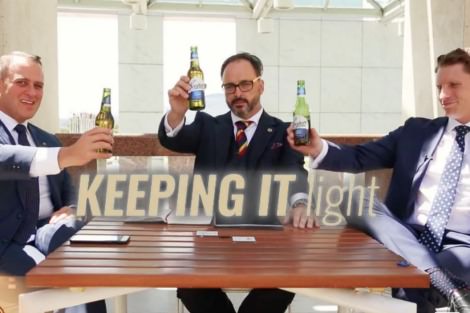
MEDIA
- Rohan Salmond
- 17 March 2017
22 Comments
The Bible Society didn't think its video promoting civilised discussion about same-sex marriage would be a problem, but it pushed a lot of buttons they didn't even know existed. There are a lot of layers to the public's reaction, but here's one: the Bible Society has never taken an explicit public position on the present marriage debate, but its sister organisation, the Centre for Public Christianity, only features videos and essays by people who hold an exclusively man-woman view of marriage.
READ MORE 
-
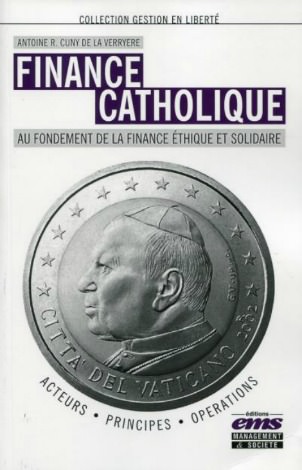
AUSTRALIA
- Michael Walker
- 20 February 2017
20 Comments
The presidency of Donald Trump should bring a renewed focus on the dangers of unbridled capitalism. The Catholic Church has a rich trove of teachings on the subject that have been missing in action for the past 30 years. Now is the time for a well-articulated Christian message addressing such issues as widening wealth inequality fuelled by stagnant wage growth, the privatisation of public services, the financialisation of the economy (which fuels both of those trends), and tax justice.
READ MORE 
-

AUSTRALIA
- Jack Maxwell
- 23 January 2017
25 Comments
Two issues can be dealt with shortly. First, ministers of religion must be free to solemnise marriages in accordance with their beliefs. Second, there is no basis for extending a similar concession to marriage celebrants. The case of commercial service providers is more complex. Many argue that caterers, florists, reception centres and so on should be free to refuse to participate in same-sex weddings, on the basis of their religious beliefs. The case for the commercial exemption is unconvincing.
READ MORE 
-

AUSTRALIA
- Ann Deslandes
- 06 December 2016
6 Comments
I'm a 36 year old white Australian who grew up middle class in suburban Adelaide. I can count on one hand the number of households in the streets I lived on which were always-already made up of a mum-dad-kids scenario. The research on children's attachment, development and resilience shows kids need meaningful, culturally appropriate relationships with caring and competent adults in order to thrive as human beings. These adults can be pretty much anyone as long as they fit that bill.
READ MORE 
-
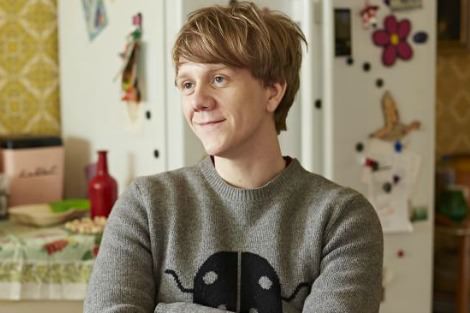
MEDIA
- Adolfo Aranjuez
- 29 November 2016
17 Comments
A recent Screen Australia report determined only 5 per cent of characters in Australian TV dramas could be identified as LGBTQI; less than half the proportion of real-world queer individuals in Australia. Media products are inherently normative, legitimising identities and lived realities through visibility. This is important, given the continuing debates surrounding marriage equality and the pervasiveness of homophobia, the result of which was seen in the suicide of 13-year-old Tyrone Unsworth.
READ MORE 
-
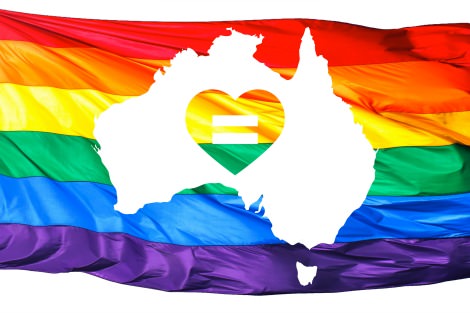
INTERNATIONAL
- Frank Brennan
- 16 October 2016
25 Comments
When the dust settles next year, maybe LGBTI advocates will see the wisdom in trying to convince the Labor party to reinstitute a free conscience vote on its side if only to force the Coalition to do the same. That way the parliament a few years down the track might be able to do what the LGBTI advocates want them to do now. If it were my call, I would have opted for the plebiscite in February with prompt parliamentary legislation to follow. But it's not my call.
READ MORE 
-

RELIGION
- Frank Brennan
- 23 September 2016
18 Comments
'No good will be served by a royal commission auspiced by the state telling a Church how it judges or complies with its theological doctrines and distinctive moral teachings. By all means, set universal standards of practice expected of all institutions dealing with children, but do not trespass on the holy ground of religious belief and practice.' Fr Frank Brennan SJ addresses the Freedom for Faith Conference in Melbourne, 23 September 2016.
READ MORE
-
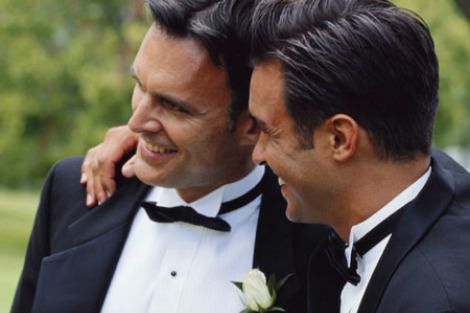
RELIGION
- Brian Lucas
- 09 September 2016
42 Comments
Marriage, and more broadly any other close domestic relationship, is a fundamental social institution. Could not the federal legislation move away from defining marriage to a regime where it recognises marriage? It could recognise Catholic marriage (as described in the Code of Canon Law). It could recognise Anglican or Jewish or Islamic marriage and it could recognise secular marriage (which could include a same sex relationship). On this basis the various 'marriages' are different but equal.
READ MORE 
-
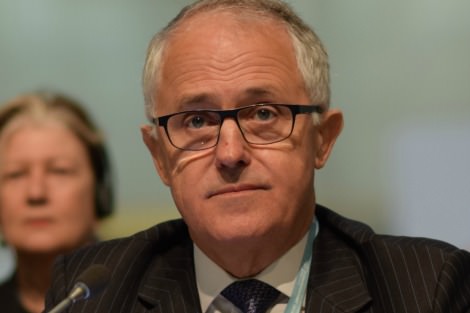
RELIGION
- Frank Brennan
- 06 September 2016
23 Comments
Once Turnbull went to the election with a commitment not to legislate for same sex marriage except after the conduct of a successful plebiscite, it was inevitable that the only way forward to resolving the issue during the life of this parliament would be by enacting legislation to authorise a plebiscite. A conscience vote during the life of this parliament, and without a plebiscite, would leave the opponents of same sex marriage rightly feeling that the government had breached an election commitment.
READ MORE 